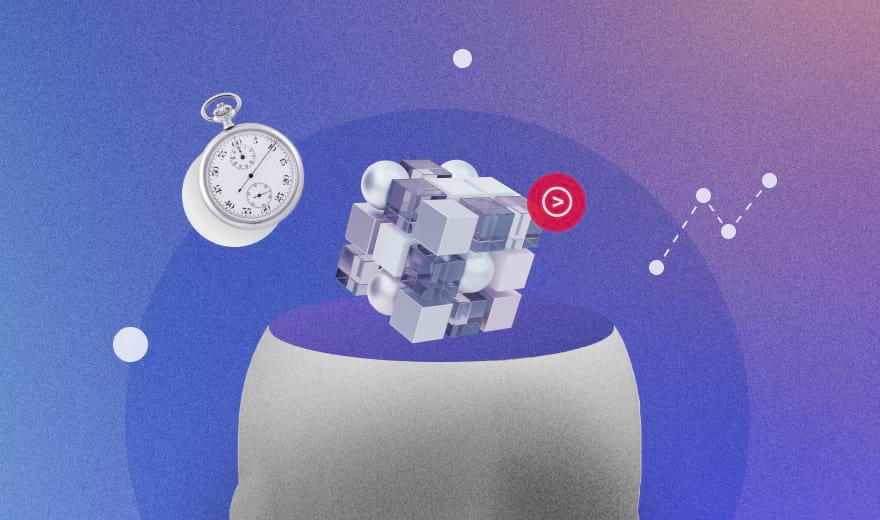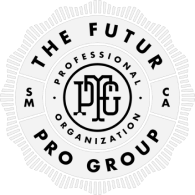Critical thinking skills are also crucial for personal and professional growth. If we aren’t challenged, we will never grow. Recognizing this, Brave recently did a three-day “Startup” Jam. This experience aimed to enhance critical thinking and empathy while fostering confidence, decision-making, and problem-solving abilities. We set aside three full days to focus inward and grow together as a team. And with that, we start with the briefing…
Day One – Briefing
On the first day, the Brave Team divided into four teams. Each team began by choosing a problem related to the 17 Sustainable Development Goals (SDGs), outlined by the United Nations:
-
No Poverty
-
Zero hunger
-
Good health and well-being
-
Quality education
-
Gender equality
-
Clean water and sanitation
-
Affordable and clean energy
-
Decent work and economic growth
-
Industry, innovation, and infrastructure
-
Reduces inequalities
-
Sustainable Cities and Communities
-
Responsible consumption and production
-
Climate action
-
Life below water
-
Life on land
-
Peace, justice, and institutions
-
Partnership for the goal
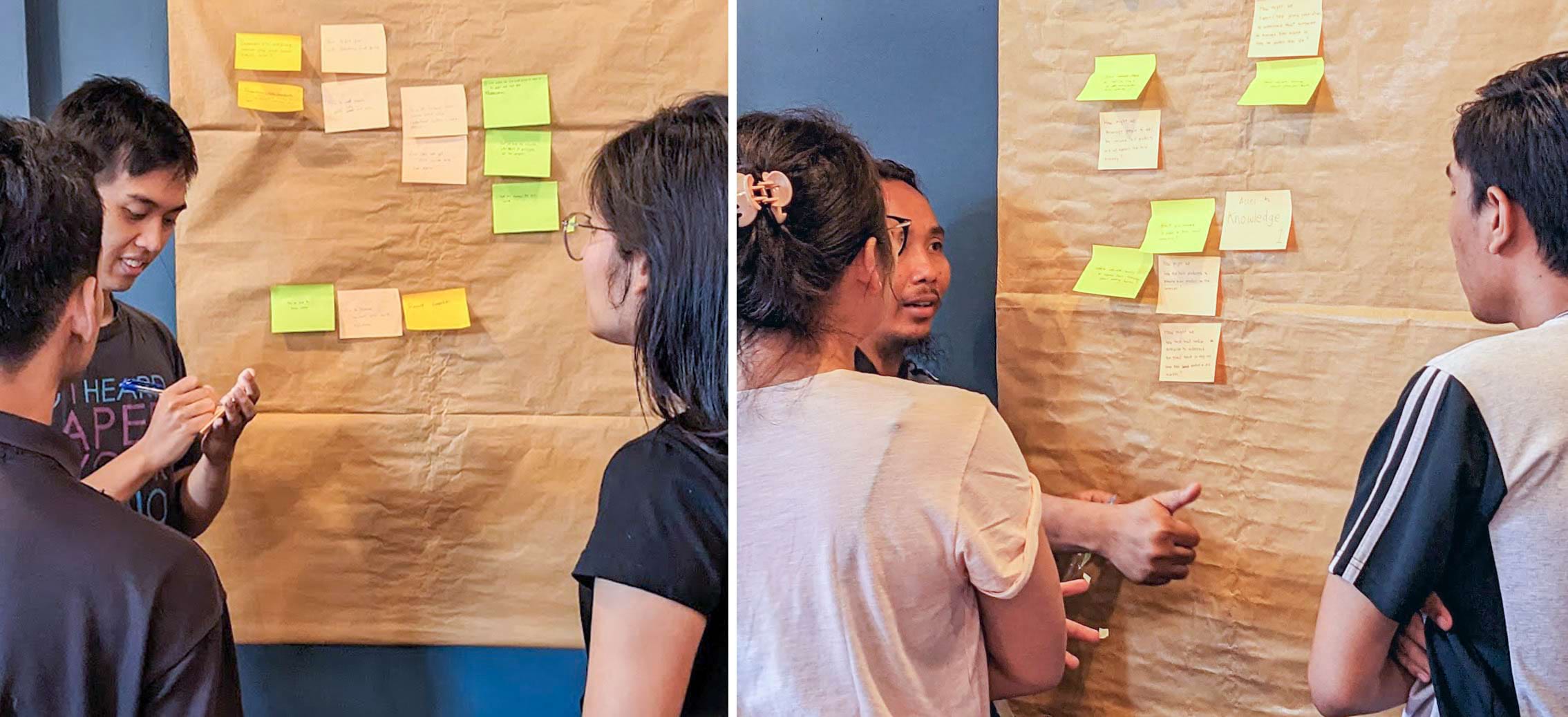
After choosing a problem, each group engaged in exploratory discussions to identify potential solutions and create a plan. We shared as a group, asking questions and discussing challenges together. But because we never want to assume, each team spent the rest of the day conducting brief interviews with 1-2 people who represented the target audience for their ideas. Everyone learned, through real people’s experiences, that the problems are more nuanced than we thought and that our solutions needed tweaking.

Day Two – Assumptions Squashed
On the second day, teams started their morning by reviewing and refining their solutions. They critically examined the feasibility and practicality of their ideas, making any necessary adjustments. Additionally, each team documented the key milestones required to achieve their objectives and broke them down into actionable tasks for each member so their responsibility was clear. Then, they started to make a prototype.
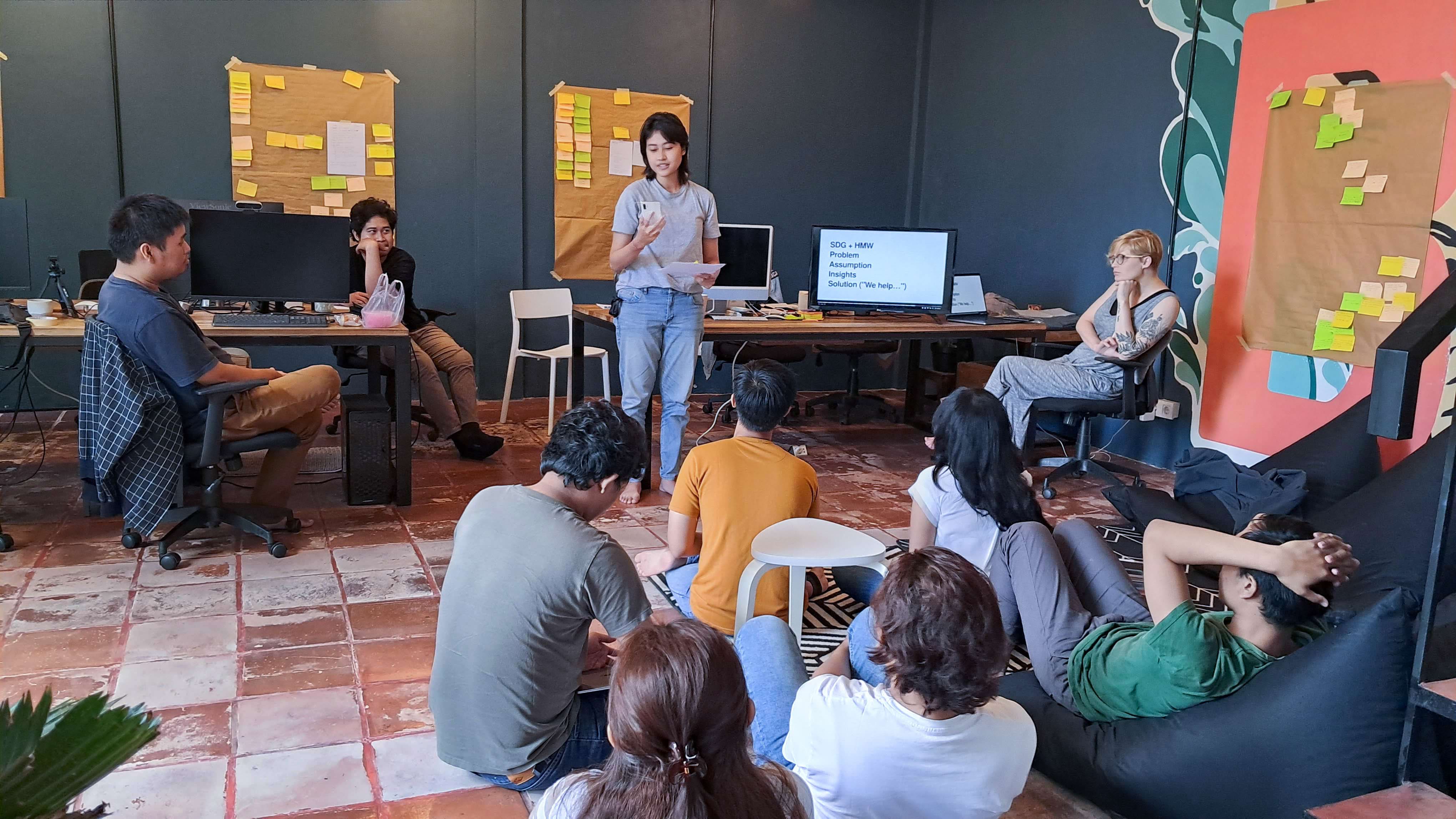
Day Three – Presenting Awesomeness
The third day was the final presentation. Teams transformed their well-developed solutions into tangible prototypes:
Team Cocain: SDG 8. Decent Work & Economic Growth
Problem: Local Producers (SMEs) have not yet optimized the use of social media as their main promotion tools.
Their Solution: Creating channel “Sahabat UMKM Bali” that provide all information related to promotion tips, financial, management, and fund for the SMEs
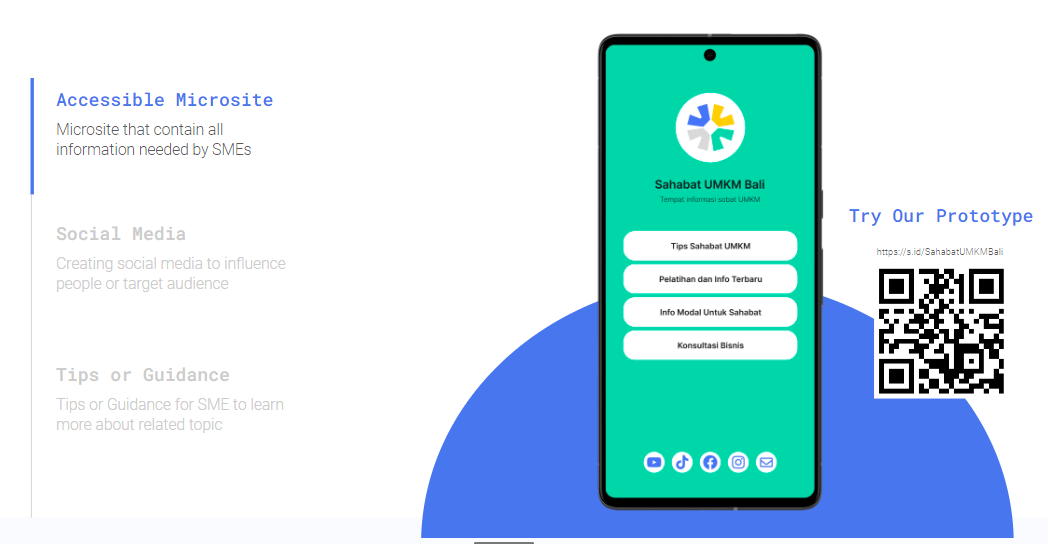
Team Pelita Harapan: SDG 1. No poverty
Problem: Based on Indonesia is an agricultural country, many Indonesian work as farmers, which has a low income. The average net income is 5.23 million per year according to the OMBUDSMAN RI BPS.
Their Solution: We help farmers to improve their product quality and prices with training and make a channel to replace the current long distributor chains.
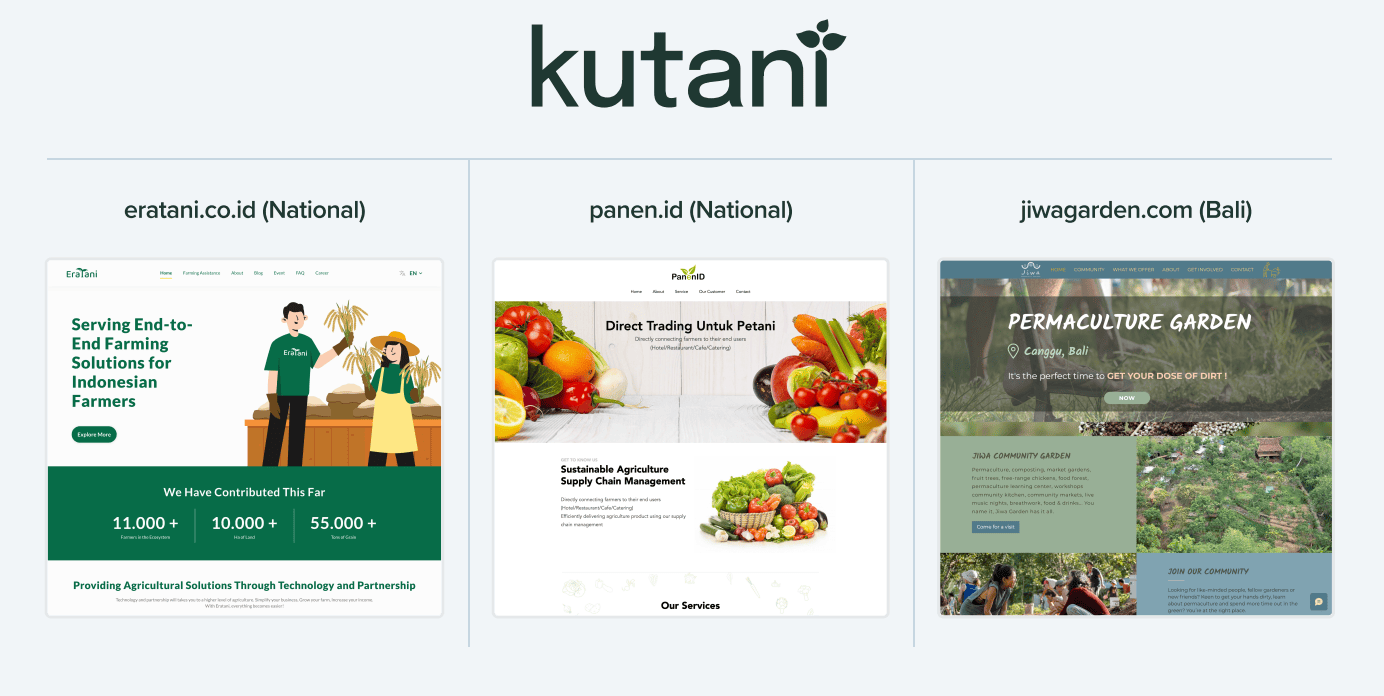
Team Java: SDG 2. Zero Hunger
Problem: 23-48 Mio tonnes of food loss and food waste yearly in Indonesia, it’s 29-47% of Indonesia’s population’s worth of food.
Their Solution: We help developing F&B business owners distribute their surplus production to people in need by creating campaigns through the YT channel
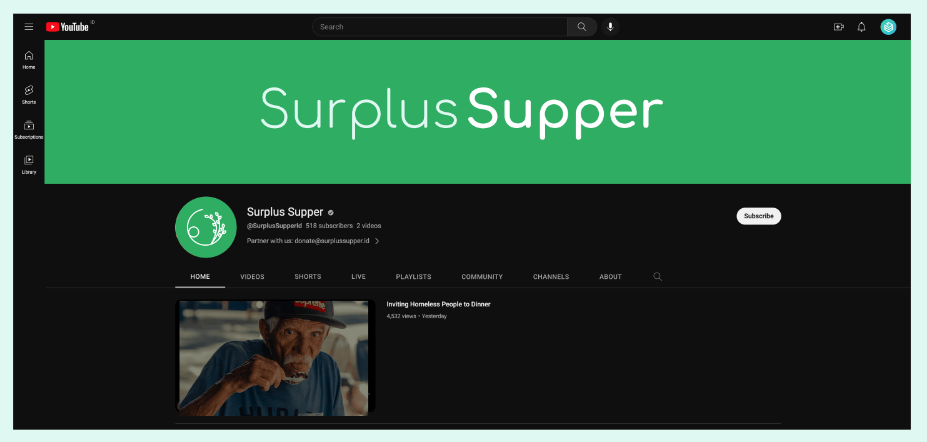
Team Semeton: SDG 8. Decent Work & Economic Growth
Problem: Garbage is a problem everywhere especially in Bali, and the demand for recycled stuff is low, the tools are expensive, and digitalization is needed
Their Solution: We help community waste recyclers find a way to spread what they’re doing to a larger audience through the internet by helping them create a brand to tell their stories.
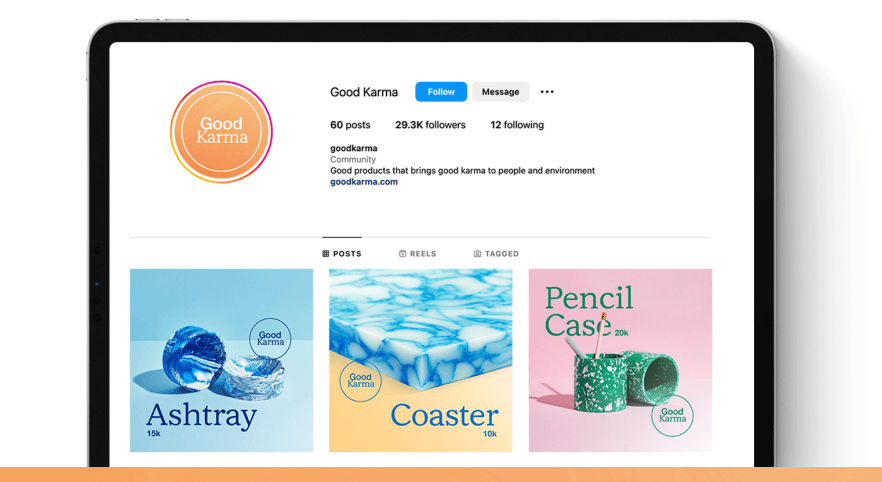
What We Learned Together
At first, we thought that all of our assumptions regarding the problem are true until we interviewed the target market. It’s important to see the perspective from the people affected themselves, not just from our own viewpoints. From this exercise, we gained the ability to analyze complex issues, challenge assumptions, and develop creative solutions.
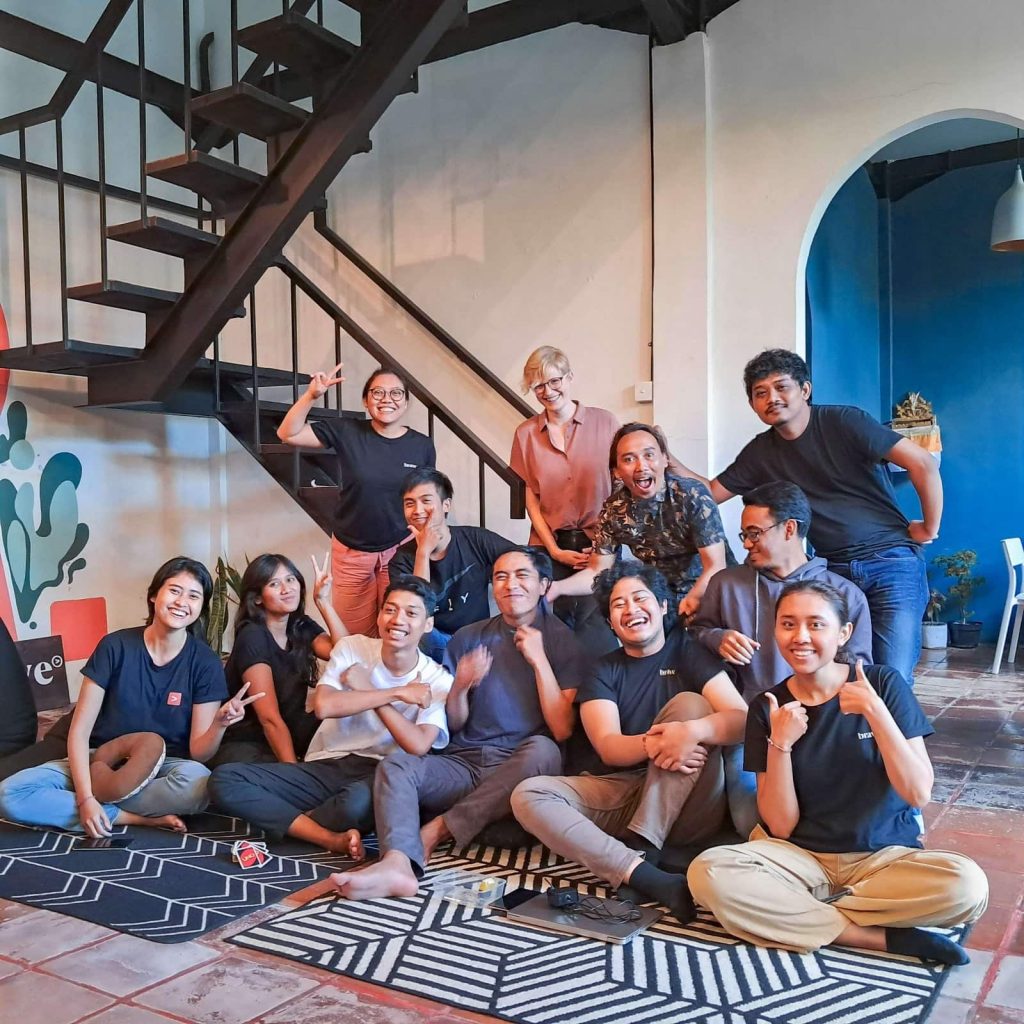
Through good teamwork and collaboration, we were voice our ideas, practice empathy and critical thinking, and contribute to meaningful change. See you at the next Brave Jam!
